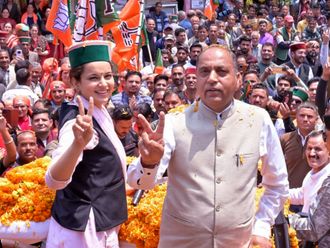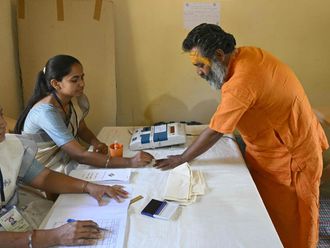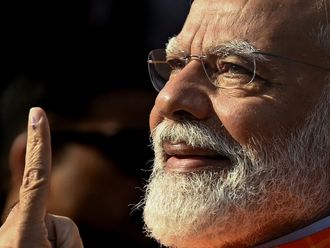Thiruvananthapuram: A day after the applause died down over the Kerala government’s decision to make the state alcohol-free within a decade, the hangover of its implications is slowly showing up.
A direct hit is likely not only for the 418 liquor bars that were temporarily closed, but also the remaining 312 bars that will be closed soon. Also facing the heat will be nearly three dozen distilleries in the state, where the production was primarily meant for the Kerala market. And the state exchequer will be poorer by the more than Rs75 billion that came in through sales tax and excise from liquor sales.
While it is clear that liquor will now be served only at five-star hotels and through the Kerala State Beverages Corporation outlets, what isn’t clear yet is the policy regarding serving liquor in clubs. The cabinet meeting next Wednesday is expected to take a call on the matter.
Meanwhile, the state government initiated proceedings to shut down the 312 bars functioning in the state. Excise minister K. Babu has given a direction to this effect to the excise commissioner. The remaining stock of liquor in these bars will be taken over by the beverages corporation and part of the licence fee will also be returned to the bar owners, proportional to the time elapsed in the one-year licence term.
Distilleries in the state number over 30 and it is estimated that there are nearly 10,000 employees working with them. Considering that the distilleries functioned mostly to serve the Kerala market, the employees are likely to be laid off.
Besides the distillery sector employees, the liquor bars in the state are estimated to employ some 9,000-odd staff as ‘recognised staff’ and a much larger number as temporary staff. Almost all of them will have to look for alternate jobs since bar hotels thrived mostly on the bar income from serving liquor rather than the restaurant and room revenues.
In a political backlash to the state government’s decision to implement prohibition, Nair Service Society general secretary G. Sukumaran Nair said the aim should have been alcohol avoidance rather than prohibition. Nair said the decision would have “far-reaching consequences” and that a move for total prohibition was “not practical”. He alleged that the new policy was an offshoot of internal bickering within the Congress.
Lessons of history
In a related development, former Supreme Court justice Markandeya Katju opined Kerala was wrong in going for prohibition, pointing out that the state should have created awareness about the dangers of alcohol consumption, thereby bringing down the use of alcohol. Pointing to the experience of the United States which implemented prohibition without success, Justice Katju opined that lessons of history should be learnt before major decisions.
Within the Congress party, both the ‘A’ group and the ‘I’ group are learnt to be unhappy with the manner in which Kerala Pradesh Congress Committee president V.M. Sudheeran pushed forward the move for prohibition. The consternation in the Congress camp comes in the backdrop of accolades for Sudheeran from the Christian churches and several social organisations for piloting the no-alcohol policy for the state.
All India Congress Committee vice-president Rahul Gandhi congratulated the state government on its decision to implement prohibition in the state in a phased manner. He said the move would enhance the image of the government.
Market reports indicate that there is a scramble to sell off the liquor stock in the bars that are still functioning, despite the fact that the beverage corporation will be willing to lift the remaining stock. There is speculation that the liquor bars in the state may well end their run with an unusual ‘Onam offer’ of cheap liquor.












